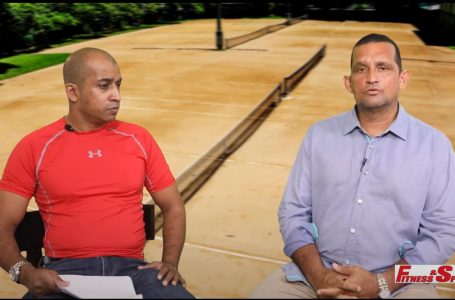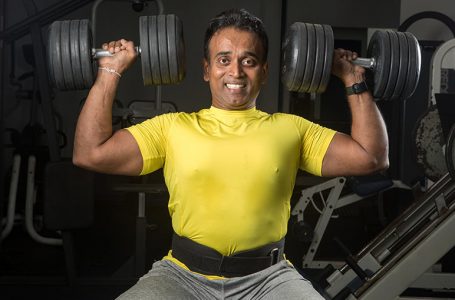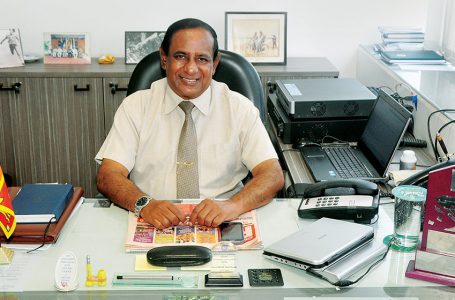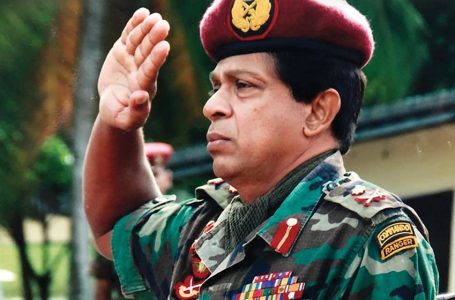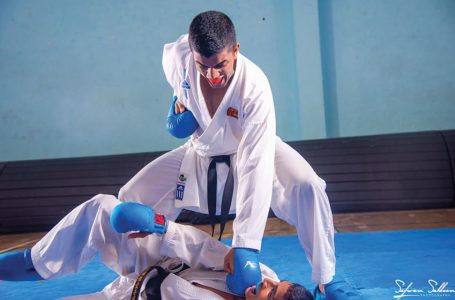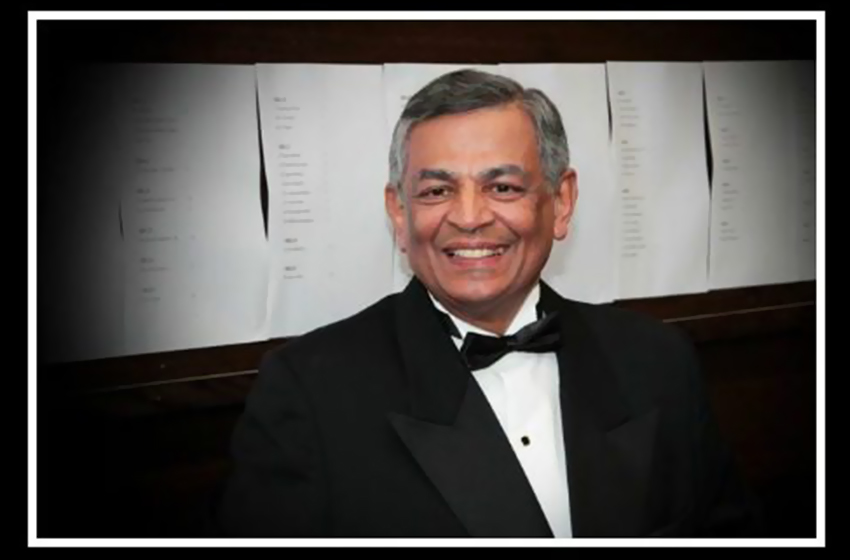
Professor Siri Kannangara is a consultant physician in Rheumatology and Sports Medicine. His contributions to the field of sports medicine are many. They include:
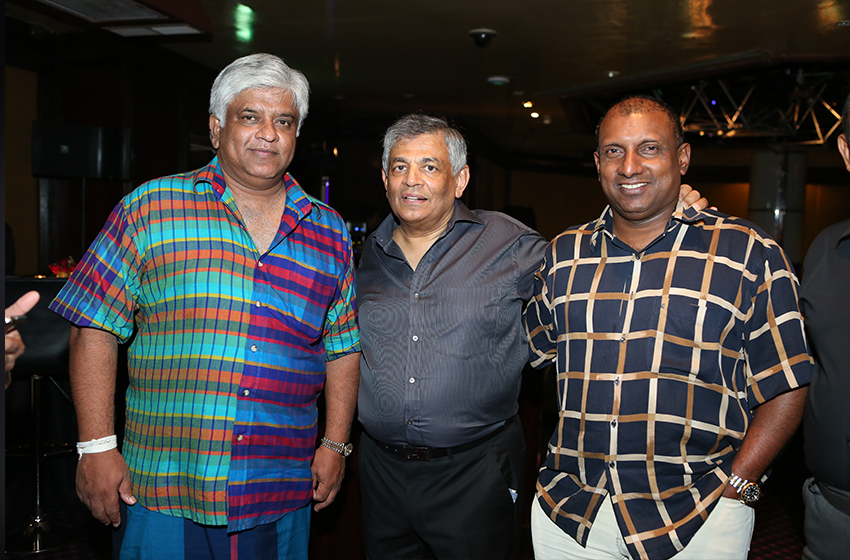
- Visiting Medical Officer at Concord Hospital (Formerly Head of Department of Rheumatology).
- Visiting Medical Officer at Ryde and Mona Vale Hospitals.
- Visiting Medical Officer at Mater Misericordia, Seventh Day Adventist Private Hospital.
- Foundation Director of the New South Wales Institute of Sports Medicine.
- Chief Medical Commissioner to Soccer Australia and Medical Consultant to the Socceroos.
- FIFA Medical Committee Member and Medical Instructor.
- Fellow and Examiner of the Australian College of Sports Physicians.
- Visiting Lecturer and Clinical Fellow in Sports Medicine at the University of New South Wales.
- Olympic Doctor to the Australian Team in Barcelona, Atlanta and Sydney.
- Clinical Associate Professor of Sydney University.
- Awarded the Order of Australia for services to sports medicine and rheumatology.
- He has been a medical consultant to Sri Lankan cricketers since the 1970’s. During the 1996 World Cup, quite a few members of our Sri Lanka team consulted him such as Arjuna Ranatunga, Aravinda De Silva and Chaminda Vaas to name a few.

Now let us look at the man behind the achievements, how he got to where he is and his passion for sports that helped him to help others to go beyond their own potential.
Siri as he is affectionately known hails from the village of Bandaragama. His father was a clerical officer who later became a civil servant and his mother was a Singhalese school teacher. At four and a half years, Siri told his father that he wanted to attend Royal College in Colombo. With the encouragement of his mother he sat the entrance exam and got admission to Royal Primary. He refers to his mother as the lady cox who guided their family boat.
As Royal Primary did not have a boarding he was boarded in Colombo when he was five years old. From his place of boarding he came to school in a rickshaw everyday. When he reached the fifth standard his parents could not afford to pay for his lodgings so he had to travel to school from his village which at that time was far away. He would rise at 4.30am and have his well bath which was very cold. Then at 6am he took the bus from Bandaragama to Panadura and from Panadura he took the train to Bampalapitiya. At Bampalapitiya he would cross Galle Road and take the bus to school. To save 5 cents to buy Kadala he would sometimes walk from Bampalapitiya to school which was in Reid Avenue. As he says
Kadala is The Poor Man’s Protein.
At school, Siri realised that in order for him to get recognition, he had to excel not only in studies but in sports as well. He started playing sports in the fifth standard in Royal Primary. He started by playing football for school at the tender age of ten years.
He soon achieved his goal of excelling in both studies and sports.
When he moved to Royal College he represented the college in hockey, table tennis and basketball. He was the vice captain for the junior basketball team who were runners up in the tournament that was held in Jaffna. Mind you, he played all these sports barefoot as shoes were a luxury for most boys then. He also says that being boarded enabled him to focus his time on studies and sports as there were no other distractions.
In the year 1964, Siri entered medical college and represented the university in table tennis, basketball and hockey. He captained the combined universities team for both table tennis and hockey for the tournament played in India.In 1970 Siri Kannangara qualified as a doctor. He went straight to New Zealand after passing out as he loved Rugby and especially the great All Blacks. In Sri Lanka he followed them on the local newspapers which was his only access to international sports.
Siri interned in a New Zealand hospital in Christchurch and played hockey for a local university as an outside team member. Siri got two scholarships to do postgraduate work in the UK in London’s famous Guy’s Hospital. He worked in sports medicine and rheumatology. The chief medical officer at this hospital was a former All Black, the late Hugh Burry a great player and great man. Hugh Burry’s hometown was in Christchurch New Zealand and he guided Siri on the course of sports medicine. Sports medicine became a lifelong journey for Siri where he made his name amongst the leading international sports personalities and teams. Not bad for a simple village boy from Sri Lanka!
Siri says,
Sports taught me discipline, respect for authority and how to accept victory and defeat with equal grace and humility. I do not smoke or consume alcohol. My advice to sportsmen is ‘life before sports’. Sportsmen should think of their life after their sports career. If you have to do something that will make you achieve a gold medal but hurt you after your sports career then do not do it. Sports should help you live a better life even after the competition is over.


